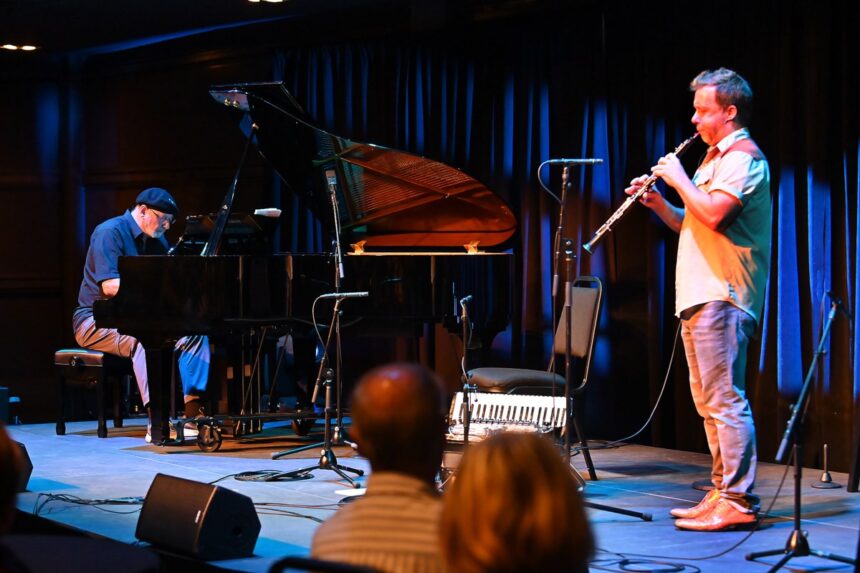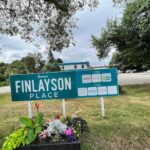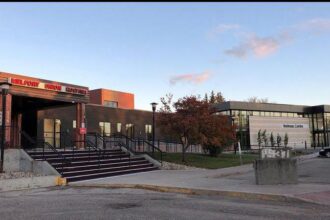In a bold initiative to redefine its cultural landscape, the City of Burlington has launched a comprehensive new survey seeking resident input on the future of arts, heritage, and cultural programming. The survey, which opened this week, represents a critical step in developing the city’s first dedicated Culture Plan—a strategic roadmap expected to guide Burlington’s cultural evolution for the next decade and beyond.
“Culture isn’t just about art galleries or performances—it’s the fabric that weaves our community together,” explains Angela Paparizo, Manager of Arts and Culture for Burlington. “This survey gives every resident a voice in shaping how our city celebrates its identity, preserves its heritage, and creates opportunities for cultural expression.”
The timing couldn’t be more significant. As Burlington continues to experience rapid growth and demographic shifts, civic leaders recognize that cultural infrastructure plays an increasingly vital role in community development. The survey explores residents’ current participation in cultural activities, barriers to access, and aspirations for future programming across the city’s neighborhoods.
Early responses indicate strong interest in expanded public art initiatives, more diverse cultural festivals, and better utilization of waterfront spaces for community gatherings. The CO24 News team has learned that city officials are particularly interested in hearing from demographics traditionally underrepresented in cultural planning—including youth, newcomers, and residents outside the downtown core.
“We’re seeing Burlington at a cultural crossroads,” notes Councillor Rory Nisan, who chairs the city’s Community Planning committee. “There’s tremendous potential to build on our existing strengths while embracing new cultural expressions that reflect our evolving population.”
The survey represents just one component of a multi-phase consultation process that includes focus groups, stakeholder interviews, and public forums scheduled throughout 2024. Results will directly inform budget allocations, space utilization, and programming priorities as officials craft the final Culture Plan document.
For Burlington’s thriving arts community, the survey offers a rare opportunity to advocate for enhanced resources. Local artists have already begun mobilizing support, encouraging participation through social media campaigns and community networks. Similar cultural planning initiatives in neighboring municipalities like Oakville and Hamilton have previously led to significant investments in cultural infrastructure, including new performance venues and expanded public art programs.
Industry experts consulted by CO24 Canada suggest Burlington’s approach aligns with emerging best practices in municipal cultural planning. “Cities that invest strategically in cultural development typically see multiple returns—from economic benefits and tourism growth to improved social cohesion and quality of life,” explains Dr. Heather Young, a cultural policy specialist at McMaster University.
The survey, which takes approximately 15 minutes to complete, remains open until April 30. City officials emphasize that responses will be kept confidential and analyzed collectively to identify trends and priorities. Residents without internet access can participate through paper surveys available at city facilities including libraries, senior centers, and city hall.
As Burlington positions itself for the future, this cultural mapping exercise may prove transformative. Will the resulting Culture Plan reflect the authentic voice of Burlington’s diverse population, or will it primarily represent those most motivated to participate? The answer depends largely on how broadly residents engage with this opportunity to shape their city’s cultural identity for generations to come.


















